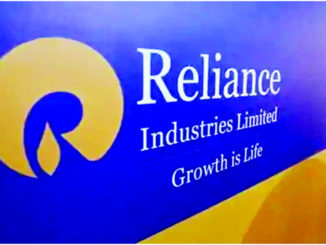
US and European retail brands in China are suddenly facing a dilemma: Embrace cotton from Xinjiang and come under attack in the West, or reject it and risk a boycott in the world’s second-biggest economy. Hennes & Mauritz AB was blasted by the Communist Youth League and the People’s Liberation Army on Wednesday after social-media users dug out an undated company statement about accusations of forced labor in Xinjiang. Calls to boycott the Swedish retailer quickly spread to include Nike Inc., which has previously said it won’t source products from the region due to labor concerns. Brand ambassadors in China for both firms cut ties with the companies in recent days.
“Want to make money in China while spreading false rumors and boycotting Xinjiang cotton? Wishful thinking!” the Communist Youth League said in a post on Weibo, referring to H&M. One of the PLA’s Weibo accounts called H&M’s statement “ignorant and arrogant.”
The Communist Party’s move to target companies over Xinjiang shows President Xi Jinping’s government is seeking to impose real costs for governments and businesses that criticize China’s human-rights record as the Biden administration aims to unite allies over the issue. Bejing slapped reciprocal sanctions on European Union officials on Monday, following coordinated sanctions and statements by the EU, US, Canada, Australia and New Zealand.
At a testy meeting between top diplomats of the US and China last week, Politburo member Yang Jiechi made extended remarks attacking the US’s human-rights record and calling on the world to stop interfering in China’s “internal affairs.” Foreign Ministry spokeswoman Hua Chunying continued the pushback this week, hitting the US and Europe over everything from the slave trade and Nazism to the killing of George Floyd and alleged hoarding of coronavirus vaccines.
Chinese firms are now rallying around Xinjiang, which produces more than 80% of the country’s cotton. Anta Sports Products Ltd. and Hongxing Erke Sports Products Co. were among companies that issued statements saying they will continue to source the material from the region. Shareholders rewarded firms that displayed patriotism, while punishing those with links to Western brands.





Be the first to comment